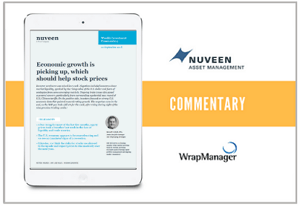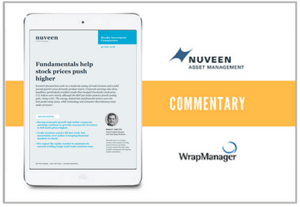A Check-in on European Risk
Fears of a fiscal showdown between Italy’s new government and the European Union (EU) have roiled Italian assets this year – and renewed concerns about EU cohesion. How worried are we? We see a limited risk of near-term flare-ups but are skeptical about the Italian government’s commitment to fiscal discipline and Europe’s ability to cope with the next downturn. We see better risk-return tradeoffs in non-EU assets.
Italian assets have taken a hit this year. The selloff was sparked by fears that Italy’s populist government would breach the EU’s key budget deficit limit of 3% of gross domestic product (GDP), as the two major parties in the new governing coalition had vowed to cut taxes and boost welfare spending in their campaign. Italian 10-year government bond yields spiked after the March election, while local stocks fell. See the chart above. Italian assets have recouped some losses recently, only after Rome repeatedly assured it would respect EU rules in its soon-to-be released budget. We see scope for a further recovery in Italian asset prices, but do not see them returning to pre-election levels anytime soon. Why? A number of structural factors are weighing down both Italian and European assets. This helps explain why European stocks have underperformed other global developed markets in 2018.


















